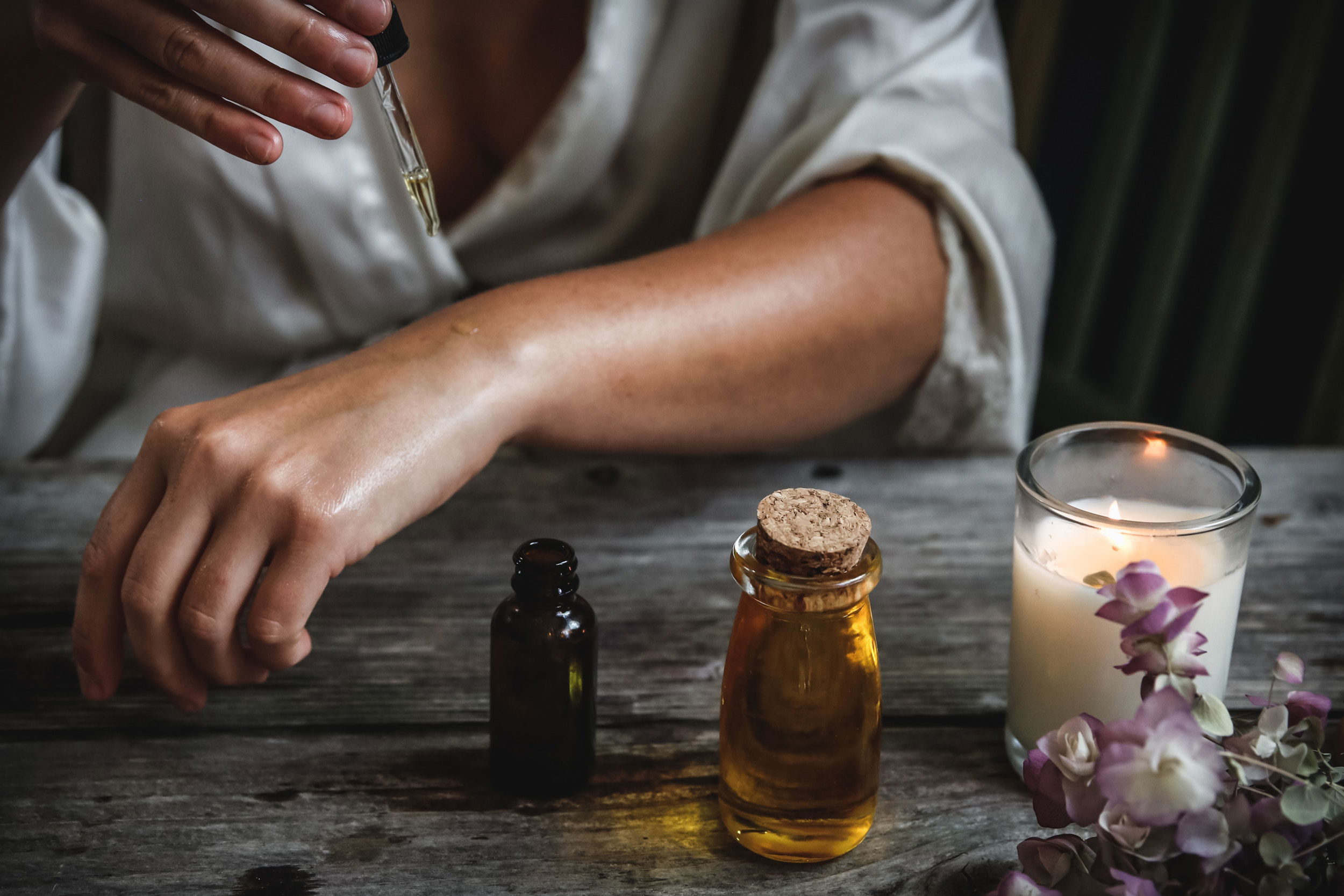Sleep Soundly: Enhancing Sleep Quality with CBD Oil
In our modern, fast-paced world, quality sleep has become a coveted yet elusive commodity for many. The consequences of poor sleep extend beyond feeling groggy in the morning – they can impact mood, cognitive function, and overall well-being. As individuals seek solutions to improve their sleep quality, CBD oil has emerged as a potential remedy. In this article, we'll delve into the science behind using CBD oil to enhance sleep quality.

Understanding Sleep Quality and its Importance
Sleep is a fundamental physiological process that allows our bodies and minds to rest, repair, and rejuvenate. Sleep quality goes beyond the number of hours spent in bed; it encompasses the depth of sleep, the absence of interruptions, and the feeling of being refreshed upon waking. Poor sleep quality has been linked to a range of health issues, including mood disorders, cognitive decline, and a weakened immune system.
The Role of CBD in Sleep Regulation
Cannabidiol (CBD) is a non-psychoactive compound found in the cannabis plant. It interacts with the body's endocannabinoid system (ECS), which plays a crucial role in regulating various physiological processes, including sleep. The ECS is involved in maintaining a state of balance (homeostasis) in the body.
CBD's interaction with the ECS may influence sleep in multiple ways. For instance, CBD could impact anxiety and stress levels, which are common contributors to sleep disturbances. Additionally, CBD might influence the sleep-wake cycle by interacting with receptors that regulate circadian rhythms.
Scientific Evidence on CBD's Sleep-Enhancing Properties
While research on CBD's effects on sleep is still evolving, several studies suggest that CBD oil may have a positive impact on sleep quality. A study published in The Permanente Journal in 2019 investigated the effects of CBD on anxiety and sleep in human subjects. The researchers found that CBD decreased anxiety scores and improved sleep within the first month of treatment, suggesting that CBD might be beneficial for both anxiety-related sleep disturbances and insomnia.
Another study published in the Journal of Clinical Psychology in 2019 examined sleep and anxiety outcomes in a clinical population. The researchers noted significant improvements in sleep scores among participants who used CBD, indicating its potential to alleviate sleep-related issues.
CBD's Relaxation and Anxiolytic Effects
CBD's potential to induce relaxation and reduce anxiety might contribute to its sleep-enhancing effects. By interacting with receptors associated with mood regulation, such as serotonin receptors, CBD could help lower anxiety levels and create a conducive environment for restful sleep.
Choosing the Right CBD Product
When considering CBD oil to improve sleep quality, it's important to choose a high-quality product. Full-spectrum CBD oil contains a variety of compounds from the cannabis plant, potentially enhancing the entourage effect – where multiple compounds work together synergistically. However, if you're concerned about THC content, broad-spectrum CBD oil or CBD isolate are options that provide the potential benefits of CBD without THC.
Consulting Healthcare Professionals
Before incorporating CBD oil into your sleep regimen, consulting a healthcare professional is recommended. They can provide personalized advice based on your individual needs and circumstances. Factors such as dosage, potential drug interactions, and underlying health conditions should be taken into account.

Conclusion
Sleep is a vital pillar of overall well-being, and the search for effective sleep solutions is ongoing. While CBD oil shows promise in enhancing sleep quality and addressing sleep-related issues, it's important to approach its use with careful consideration. As scientific research continues to shed light on CBD's mechanisms of action and its effects on sleep, individuals should consult healthcare professionals to make informed decisions that support their sleep goals.
Sources:
- Shannon S, Lewis N, Lee H, Hughes S. Cannabidiol in Anxiety and Sleep: A Large Case Series. Perm J. 2019;23:18-041. DOI:10.7812/TPP/18-041
- Linares IMP, Guimaraes FS, Eckeli A, et al. No Acute Effects of Cannabidiol on the Sleep-Wake Cycle of Healthy Subjects: A Randomized, Double-Blind, Placebo-Controlled, Crossover Study. Front Pharmacol. 2018;9:315. DOI:10.3389/fphar.2018.00315
- Babson KA, Sottile J, Morabito D. Cannabis, Cannabinoids, and Sleep: a Review of the Literature. Curr Psychiatry Rep. 2017;19(4):23. DOI:10.1007/s11920-017-0775-9
Please note that the scientific landscape is continually evolving, and new research may have emerged since the publication of these sources. Always consult with a healthcare professional before making any significant changes to your sleep routine.